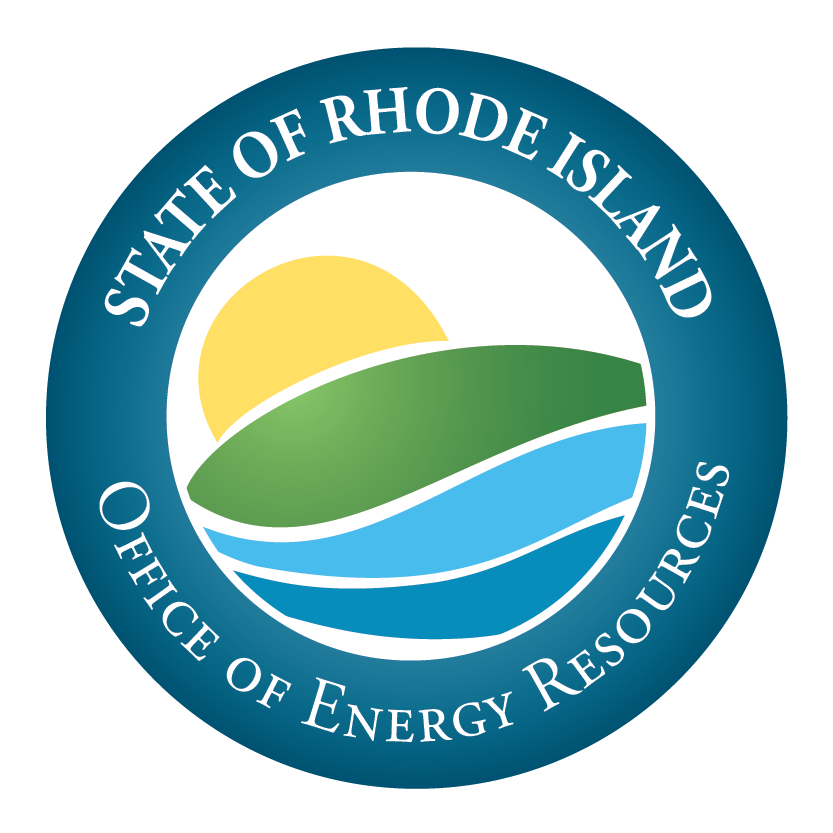Renewable Heating & Cooling
There are a variety of technologies and fuel types to heat and cool your home that release fewer or no greenhouse gases.
Highly efficient electric heating and cooling technologies, such as air source heat pumps and ground source heat pumps are more efficient than gas or oil heaters, provide both heating and cooling, and are greenhouse gas emissions free if the electricity you use is created by renewables, such as from offshore wind.
Alternatively, renewable fuels and gases are also an option to heat with fewer green house gas emissions than fossil fuels. Renewable gases and fuels are similar to fossil fuels, in that they are burned to produce heat. The difference however, is that renewable gases and fuels do not burn fuel from deep below the ground, adding more carbon and other greenhouse gases to the air. Instead, renewable gas and fuel are produced from biological material (like plants and waste).
Led by the Office of Energy Resources (OER) and the Division of Public Utilities and Carriers (DPUC), efforts related to the “Heating Sector Transformation” will advance Rhode Island's development of clean, affordable, and reliable heating technologies.
Does Renewable = Carbon Neutral?
Sometimes.
Renewable heating and cooling is generated from a fuel or energy source that can be renewed, meaning there is not a limited supply, like there is with fossil fuels. Electric heating and cooling that is powered by wind or solar energy is considered renewable because wind and solar are not limited resources. Biofuels, such as wood and wood pellets, are renewable because they are made from plant or waste matter, that continues to regrow. Since some renewables, such as biofuel and wood-based fuels require burning, not all renewables are emissions free. Electric heating and cooling that comes from ‘clean’ renewables such as wind and solar power are carbon neutral, because the electricity is produced without burning fuels, which release CO2 and other stronger greenhouse gases into the atmosphere.
If you want to know more about Rhode Island’s goal for carbon neutral heating by 2050, check out the Heating Sector Transformation report.
Clean Heat RI Program
Clean Heat RI is the state’s $25 million heat pump program that runs through Dec. 31, 2026, and provides residential, income-eligible, and commercial incentives for air- and ground-source (geothermal) heat pumps, heat pump water heaters, and adders for residential electric service upgrades. The commercial incentives cover a variety of equipment.
Additional Clean Heating and Cooling Incentives
Learn more about available heating and cooling incentives offered by utility providers like Rhode Island Energy, Pascoag Utility District, and Block Island Utility District and federal tax credits.
Contact Us
Katherine Critelli
